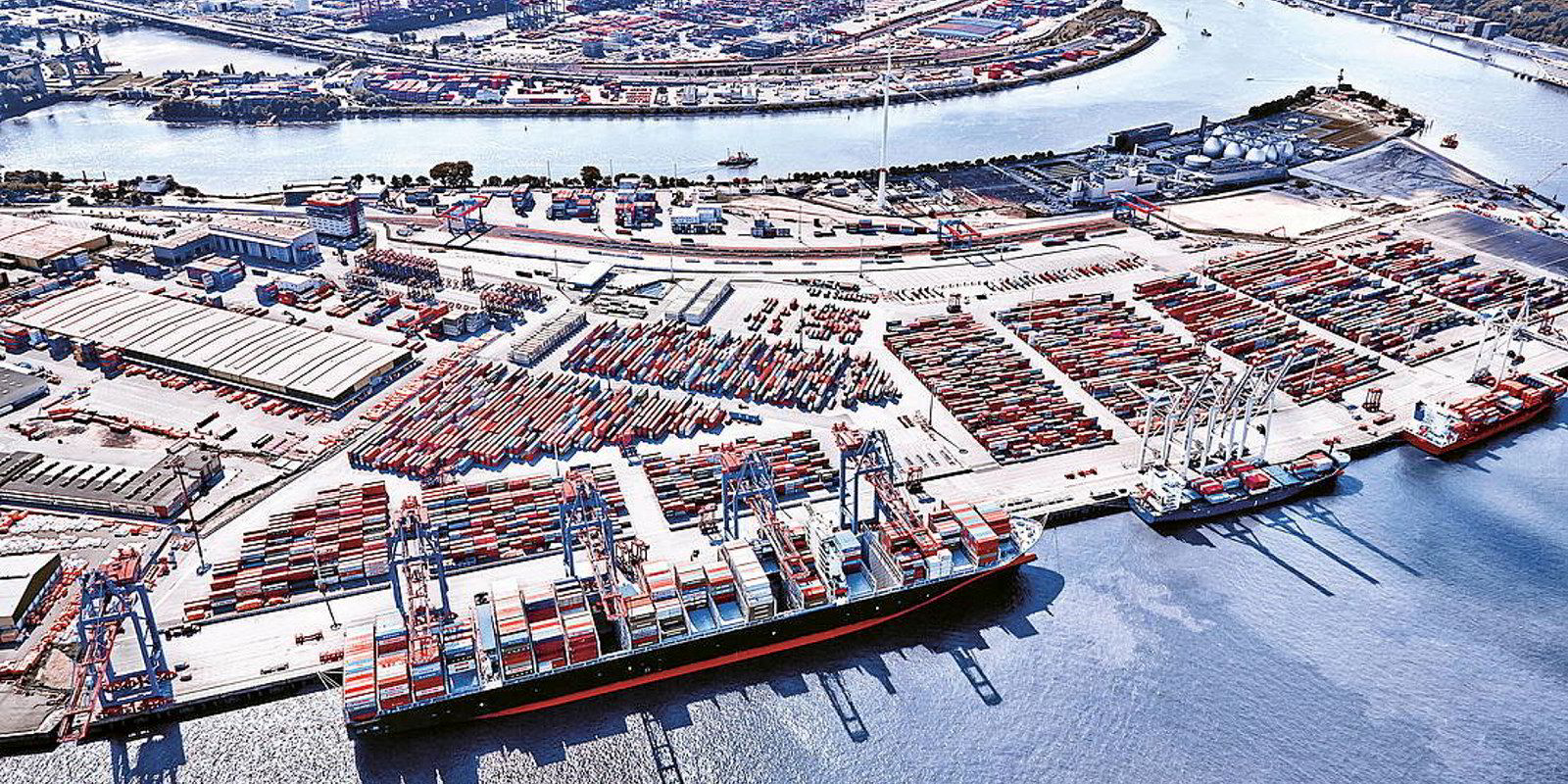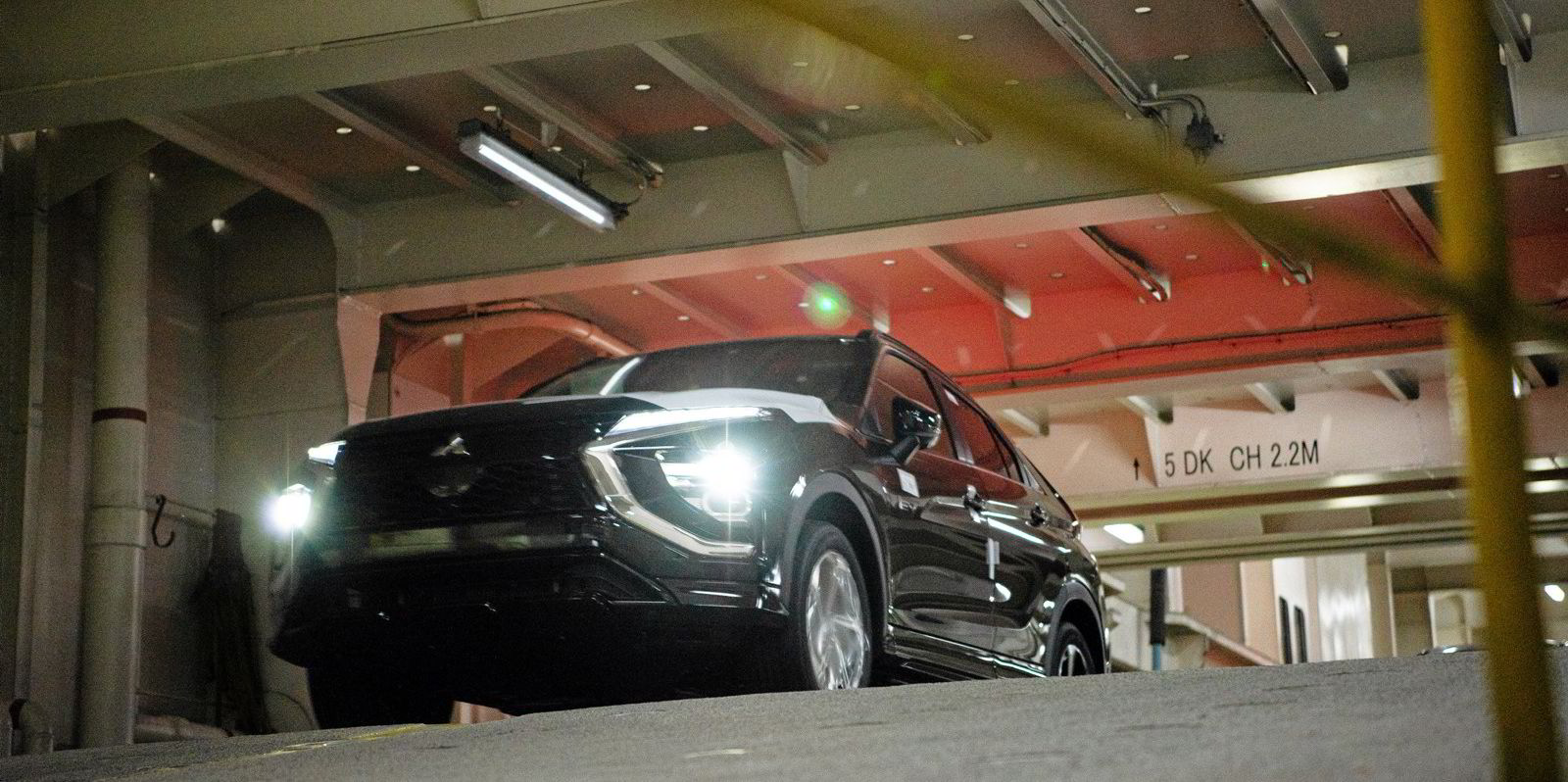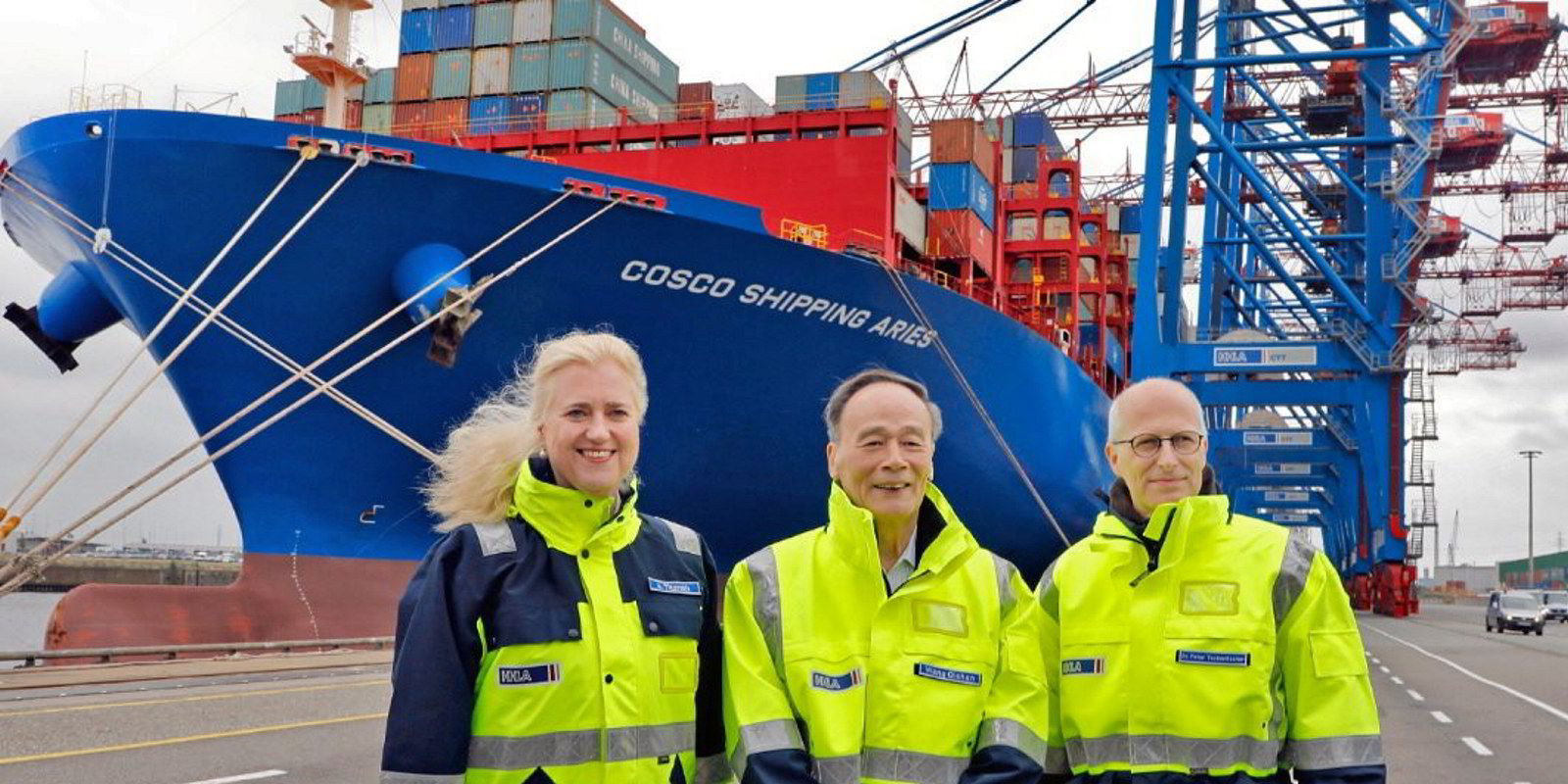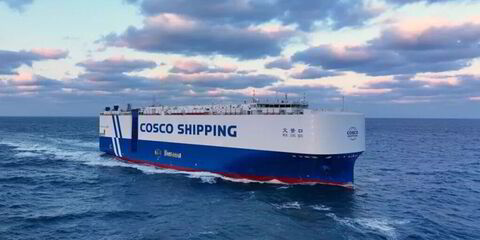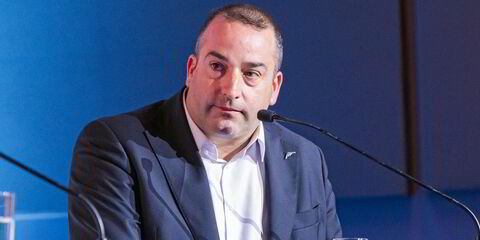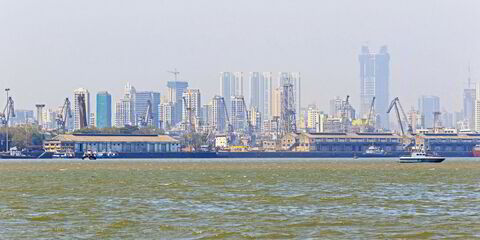After weeks of internal wrangling, Germany’s government agreed on Wednesday to allow China’s state giant Cosco Shipping Ports to acquire a minority holding in a container ship terminal in Hamburg.
The China Cosco Shipping unit’s planned acquisition of a 35% stake in the Tollerort facility of Hamburger Hafen und Logistik AG (HHLA) had raised security concerns within Germany’s fragile three-party ruling coalition.
Chancellor Olaf Scholz, who used to be mayor of Hamburg, approved a deal in a cabinet meeting on Wednesday, according to wire reports cited by German magazine Der Spiegel.
In order to appease critics, however, the government allowed Cosco to buy just 24.9% of the Tollerort terminal, according to the reports.
Under the compromise solution, Cosco will be barred from wielding veto powers over strategic decisions and appoint members on the terminal’s board, Der Spiegel said.
Cosco already wields control over other European ports, most notably the Piraeus Port Authority.
The Chinese company’s investment there, agreed in 2008, has been an undisputed success. It boosted the Greek port’s business and catapulted the Piraeus port from a marginal outpost to one of Europe’s largest container ship hubs.
Cosco’s planned investment in Hamburg, however, comes amid a much-changed geopolitical landscape, with China being increasingly viewed in Western public opinion as a commercial and security threat.
Such feelings have become particularly intense in Germany after Russia, Germany’s biggest energy supplier, throttled natural gas exports to the country as part of mutual sanctions following the war in Ukraine.
German President Frank-Walter Steinmeier stated late on Tuesday that his country should draw lessons from its past dependency on Russia. His comment particularly applied to China, Steinmeier said.
HHLA, by contrast, has been dismissing such fears and continues to back the partnership agreement it concluded with Cosco in September 2021.
In a statement posted on its website on 20 October, HHLA said that Cosco would not be buying any shares in the overall Hamburg port but just up to 35% of its Container Terminal Tollerort GmbH (CTT).
HHLA also clarified that it would retained sole control over all significant decisions and that Cosco would not be obtaining any exclusive rights or strategic know-how.
“The cooperation between HHLA and COSCO does not create any one-sided dependencies,” HHLA said. “On the contrary, it strengthens supply chains, secures jobs and promotes value creation in Germany”.(Copyright)
